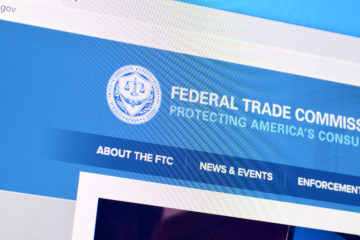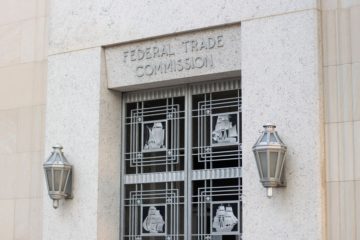Federal Trade Commission Chair Andrew Ferguson is calling out one of the greatest threats to American innovation coming from abroad: the European Union’s Digital Markets Act (DMA). In a recent piece for RealClearMarkets, Market Institute President Charles Sauer details Ferguson’s critique of the DMA, delivered at the International Competitors Network Conference in Edinburgh. Ferguson warns that the DMA imposes “rigid criteria” and “complex and burdensome rules” on companies—rules that overwhelmingly hit American tech firms.
“The DMA is the reverse [of the American system]; the bureaucrats say pay the fine, you can sue us to try to stop us,” said Ferguson, contrasting the EU’s heavy-handed approach with U.S. legal protections.
Ferguson’s concern is well-founded. The DMA targets companies it labels “gatekeepers,” requiring them to give competitors access to their platforms, proprietary systems, and even intellectual property—amounting to a government-mandated takings regime that undermines American IP rights.
Of the seven companies designated as gatekeepers, five are American: Alphabet (Google), Amazon, Apple, Meta, and Microsoft. The two others are China’s ByteDance and the Netherlands’ Booking.com. As Sauer writes, “Not surprisingly, five of the seven are American companies.” The real-world effect? Successful U.S. firms are being punished simply for being successful.
Worse, former FTC Chair Lina Khan actually helped Europe implement this anti-innovation regime. Sauer notes:
“Lina Khan… spent taxpayer money to send FTC staffers to Brussels to help implement the DMA… Congress has failed to pass legislation outlawing preferencing—so Lina Khan spent taxpayer money to help the EU ban something that is legal under U.S. law.”
The DMA bans “preferencing,” a common business practice where platforms highlight their own products. While legal in the U.S., preferencing is now grounds for punishment in the EU. Ironically, that could backfire on small businesses, since large platforms may simply stop offering them visibility altogether to avoid risk.
Ferguson is right to call the DMA a “success tax”—a punitive regime that makes it harder for American companies to grow, and harder for the next generation of innovators to attract investment.
“The DMA poses a threat to some of the most successful and most innovative companies, not just in America, but all over the world,” Sauer writes.
Ferguson’s stance marks a welcome shift at the FTC. If the agency can fully break from Lina Khan’s anti-business legacy, it may once again become a defender of American innovation rather than an enabler of foreign overreach.



0 Comments